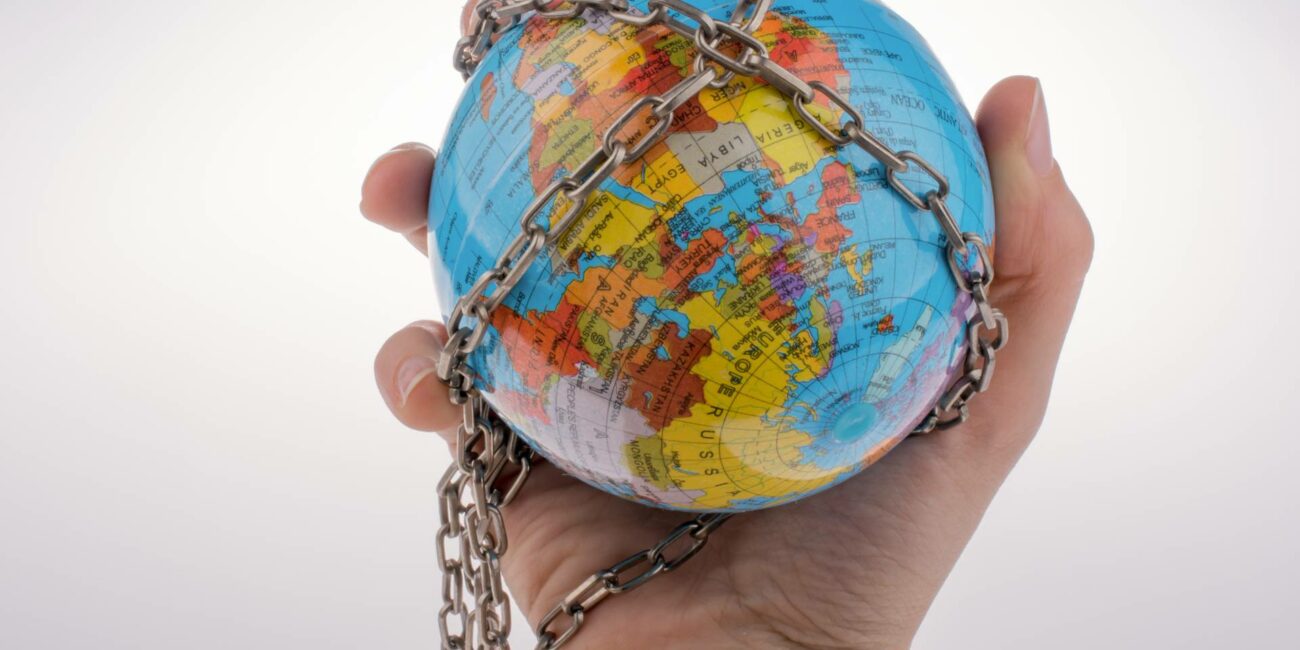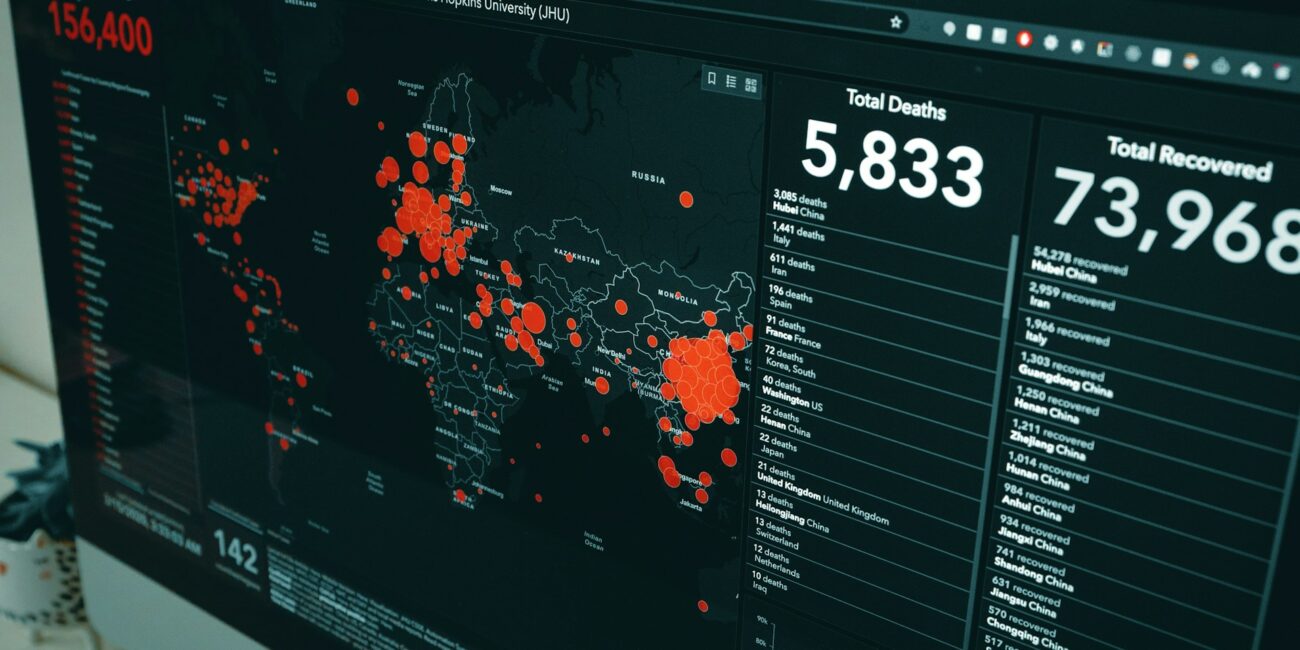Originally published in Brownstone Institute
International organisations that facilitate an exchange of ideas and data are a global good. However, when these organisations begin to dictate what citizens within a country can and cannot do, they have become something quite different. No self-respecting totalitarian dictatorship would ever allow such interference in their own jurisdiction, whilst no rational democracy would countenance outsourcing its governance to others. Enthusiasm for such an institution could only come from national leaders who are working for other interests, or capable of being coerced.
The case of WHO and North Korea
North Korea (or the Peoples’ Democratic Republic of Korea), a dictatorship run by four generations of the Kim family and known for its concentration camps and a habit of executing senior officials, has just commenced a three-year term on the Executive Board of the World Health Organization (WHO). Nations from different regions of WHO take their turn, and it’s North Korea’s turn on behalf of the Southeast Asian Region.
WHO does not pretend to be a bastion of democracy and human rights; in fact, the Director General (DG) of WHO was a former minister in a dictatorial government that is accused of human rights abuses. And Saudi Arabia’s co-chair of WHO’s Working Group on the International Health Regulations (WGIHR) recently stated that greater restrictions on human rights are appropriate when WHO thinks it necessary. So having North Korea hold such an influential position is nothing unusual. As WHO represents all its 194 Member States, each country should have a turn helping to run things, and large countries like China and India could arguably even have a commensurate influence on its decisions. The point is that, as democracies, we should view recommendations arising from such an undemocratic body with scepticism, and ignore them unless they are fully in line with our own interests.
Over the next two years, relationships with WHO will change. States will have ‘undertaken’ to follow all future recommendations (Article 1, new art. 13A) from the DG regarding the management of health emergencies, whenever he/she decides that something within the biosphere might pose a threat. A massive surveillance program, costing more than three times WHO’s current annual budget, will ensure that such threats are found. States will need to have actively rejected proposed amendments to WHO’s International Health Regulations, or the DG’s dictates will have force under international law. Alternatively they can leave the WHO altogether. As this process takes over a year, such action would have to start soon.
In two years’ time, when the IHR amendments come into force, this organisation—directed by a combination of dictatorial regimes, Western bureaucrats, and corporate and private sponsors—will be telling we-the-people whether we can work, see our families or travel. It will tell us when we must be confined, examined, tested and injected (Article 18). They will have ‘undertaken’ to follow a long list of other directives that the DG will dictate, and to suppress our disagreement should we complain (amendment to Article 33).
Who gains from this?
We can at least rest assured that the Kim family ruling North Korea have no intention of being told how their people should be managed, next time a bunch of Swiss-based careerists conjure up an existential threat to their well-being. They realise that people who are paid to find threats will find them; and they can read, so they know that actual pandemics are rare and have low impact. But they do have an obvious interest in Western societies buying into this system, and watching us go down the drain.
The pandemic agenda is not a problem for countries such as North Korea or China, where people’s freedom is already at the whim of the government. But it is anathema to countries where the government supposedly exists by virtue of the will of the people. So why do our leaders go along with this? Klaus Schwab, the chair of the World Economic Forum, boasts that it is because his organisation has ‘penetrated’ our cabinets. After all, many current and recent Western leaders are alumni of his school for compliance, the Young Global Leaders Forum. The benefits his members gained from the Covid response have validated his corporate-authoritarian model, and politicians dependent on their largesse will find it hard to defy such wealth. Those who have proven most compliant have certainly done well to date.
Who cares?
Whether any of this matters depends on one’s viewpoint. Maintaining one’s rights takes effort and an element of risk, including risk to family and friends, as many in North Korea know well. Ignorance, compliance and subservience are easier, at least for a while. ‘Bodily autonomy’ can be a good catchcry to defy the ‘right-wing’ and religious, but it becomes inconvenient when it undermines the needs of the billionaire left. The ‘greater good’ is, however, always there to excuse any necessary oppression carried out on their behalf.
Alternatively, we could decide to take charge of our own lives, our own healthcare, and our own countries. We could decide that the former wisdom of public health—that community-based decision-making is vital, and that responses should always be tailored to local needs—still makes sense. After all, we only changed this paradigm in the direction of the software developers and pharmaceutical companies who would gain from it.
In the end, it is immaterial whether North Korea is on the WHO Executive Board. If WHO was simply there to be called on when needed, then all countries should have their turn. If we now decide that WHO should dictate how we manage basic challenges in our lives, then we will just have to face the consequences. We will be our own enemy; far more so than North Korea could be. We will have given up centuries of hard-won gains and re-embraced the feudalism that constitutes the Kim family’s preferred model; but we cannot blame North Korea for that. Compared to the other forces subverting our democracies through this perpetual emergency agenda, an east Asian country taking its turn in an organisation it intends to ignore is barely relevant.
David is a clinical and public health physician with a PhD in population health and background in internal medicine, modelling and epidemiology of infectious disease. Previously, he was Director of the Global Health Technologies at Intellectual Ventures Global Good Fund in the USA, Programme Head for Malaria and Acute Febrile Disease at FIND in Geneva, and coordinating malaria diagnostics strategy with the World Health Organization.




